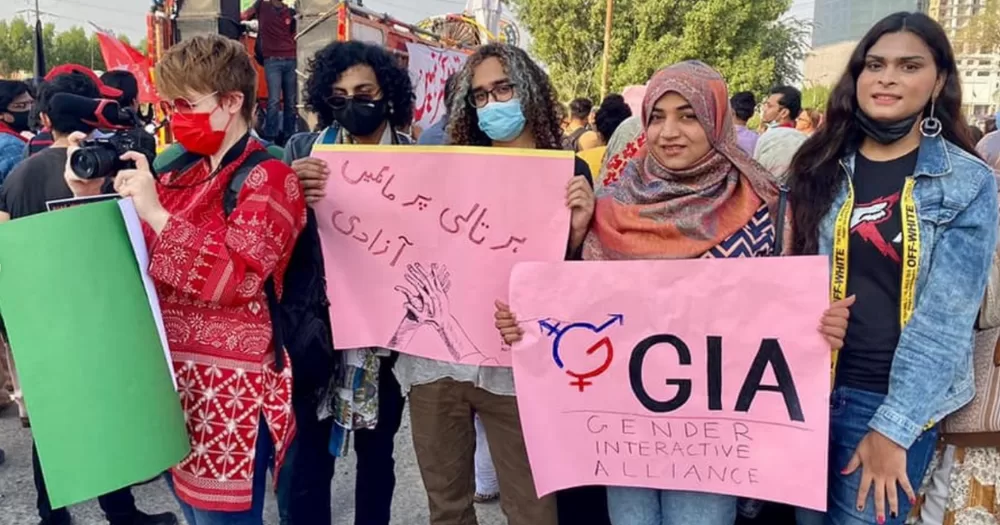Content warning: mention of murder and gun violence.
Three Pakistani trans women have been shot dead on the outskirts of Karachi, Pakistan’s largest city, in an attack that has drawn widespread condemnation and renewed concerns over the safety of the country’s transgender community.
The victims’ bodies were discovered on a roadside on Sunday, September 21. Senior police official Javed Abro said all three had been shot at close range. The motive remains unclear, and a search is underway to trace and arrest those responsible. The women were later buried in a local graveyard.
Sindh Province Chief Minister Murad Ali Shah condemned the killings and ordered a full investigation. “Transgender people are an oppressed section of society,” he said, pledging that those behind the attack would be brought to justice.
Pakistan’s Supreme Court recognised transgender people as a third gender in 2009, granting them legal protections. In 2018, parliament passed a landmark law guaranteeing fundamental rights, including legal gender recognition. Yet activists say that stigma, exclusion, and violence remain entrenched.
On Sunday, members of the transgender community gathered outside Karachi’s state-run Jinnah Hospital, where the bodies were taken for autopsy. Protesters warned of nationwide demonstrations if swift action was not taken to find the culprits. Transgender rights activist Bindiya Rana said violence against the community “is not new and it is deeply embedded in our society.”
The Gender Interactive Alliance, a local rights group, named the victims as Karachi residents who earned their living through begging. The organisation also highlighted a separate attack two days earlier, when another trans woman was critically injured in a knife assault at Sea View Beach in the city.
Amnesty International has raised alarms over what it describes as a worrying rise in violence against transgender people, known locally as Hijras. Despite official recognition of a third gender and legislation, campaigners argue that police protection is inconsistent and that perpetrators often act with impunity.
Estimates suggest that Pakistan is home to at least half a million transgender citizens, many of whom face severe social and economic marginalisation. Rights groups argue that while legal reforms have been significant, genuine change will only occur when broader social attitudes shift.
© 2025 GCN (Gay Community News). All rights reserved.
Support GCN
GCN is a free, vital resource for Ireland’s LGBTQ+ community since 1988.
GCN is a trading name of National LGBT Federation CLG, a registered charity - Charity Number: 20034580.
GCN relies on the generous support of the community and allies to sustain the crucial work that we do. Producing GCN is costly, and, in an industry which has been hugely impacted by rising costs, we need your support to help sustain and grow this vital resource.
Supporting GCN for as little as €1.99 per month will help us continue our work as Ireland’s free, independent LGBTQ+ media.
